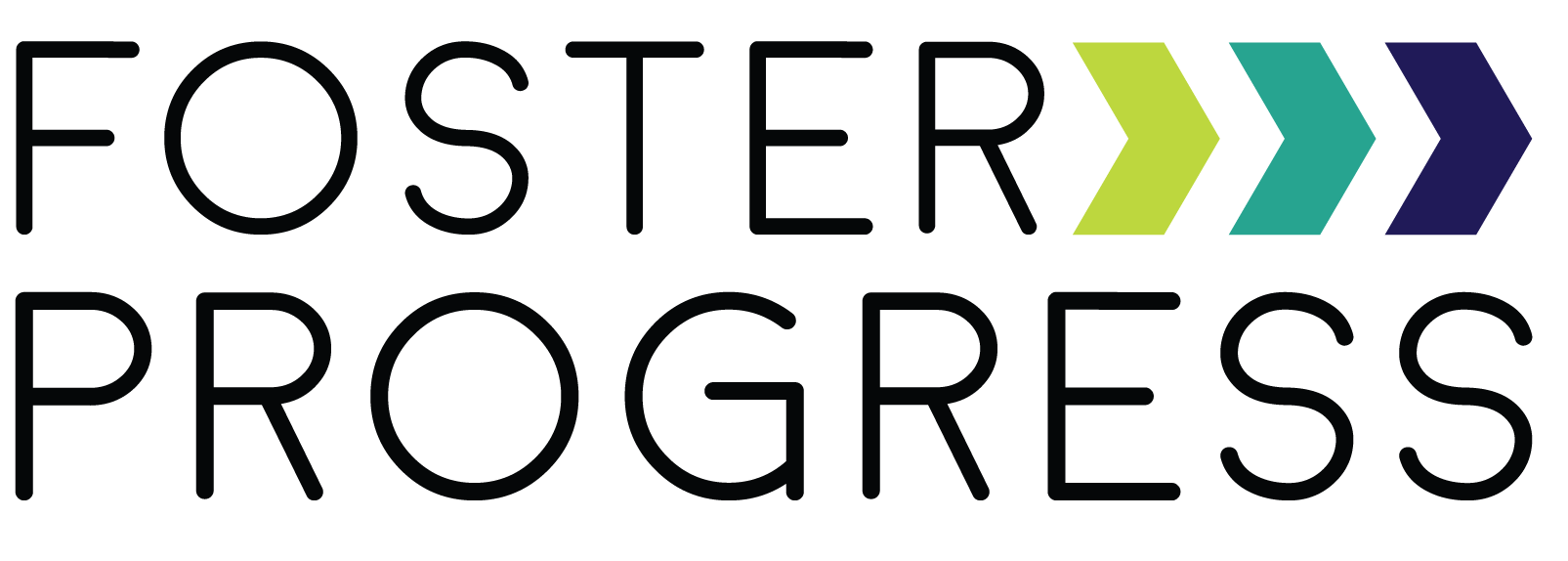Ashley's Story, Part 2
Most five year olds know their ABC’s and 123’s and love coloring. These activities were foreign concepts to me. I was too busy changing my baby sister's diapers and worrying about where we would get our next meal to learn these things. Without guidance from a healthy adult caregiver, I didn’t get a strong foundation, which is so important for development. At a few months shy of six years old, I arrived to my new parents’ home significantly behind. I entered the first grade without knowing how to appropriately interact with peers or recite the alphabet. I barely passed the first grade and was placed into a full-time special education classroom for the second grade.
At this point, my story could have gone very differently, if it hadn’t been for my mother, Carol Lepse. She was my biggest cheerleader, best advocate, and a major force behind my academic success. My mom taught kindergarten at a Chicago Public School on the city’s west side and knew how to navigate the system. Her patience, guidance, and faith carried me through every struggle that came my way.
When I was in first grade and couldn’t write between the lines, she created special paper for me. She spent hours every night helping me with reading and math. In third grade, she advocated for me to spend more time in the mainstream classroom. In fourth grade, she insisted that I spend the majority of the school day in the “regular class.” She attended every IEP (Individual Education Plan) meeting prepared to advocate for my best interest. I struggled quite a bit in math, but somehow my mom was always able to help me understand it.
Academic success, however, was not her only goal. She also worked on my self-esteem. One of her greatest gifts to me came at the end of my sixth grade year as I was looking toward high school. I was ashamed of having the IEP label. It made me feel less smart, less worthy than my peers, and I wanted to get rid of it. My mom had a very different perspective and said, “Honey, you shouldn’t be ashamed of being in special ed. You’ve had to work twice as hard and in half the time as everyone else just to catch up. Not only have you caught up, but you’ve exceeded all expectations. You have so much potential. Every high school is required to accept a percentage of students with ‘disabilities’, which includes IEP’s. There’s a good probability that you can get into a selective high school if you keep your IEP status, but if you don’t want to, I will support your decision.”
Something clicked in me that night. That next year I applied to four of the top high schools in the city – with my IEP. I got into three of them! I ultimately decided to enroll in the International Baccalaureate program at my neighborhood public school. The IB program is one of the most rigorous educational programs offered to students in the public school system. I loved and hated every moment of the process, and I learned a great deal about myself and the world.
My senior year arrived in what seemed like the blink of an eye, and I was determined to get into college. Again, my mom joined me in my excitement and the planning. We created files for brochures and applications, my dad took me on college visits, and I was full of hope. I was also realistic, so I knew that I needed scholarships in order to afford college. That winter, I applied for the DCFS scholarship, which is a full-tuition award for current and former youth in DCFS care. I knew it was pretty competitive, but I sent off the application with a prayer. By that spring I was both thrilled and overwhelmed because I’d been accepted to my top school choices. Illinois State University had the major I wanted and was the perfect distance from home, so I sent off my admissions acceptance. Just a couple of days later, I received word that I had been selected for the DCFS scholarship. All my hard work was paying off and my dreams were coming true! My story doesn’t end there though. Stay tuned to read about my college and graduate school journey.
